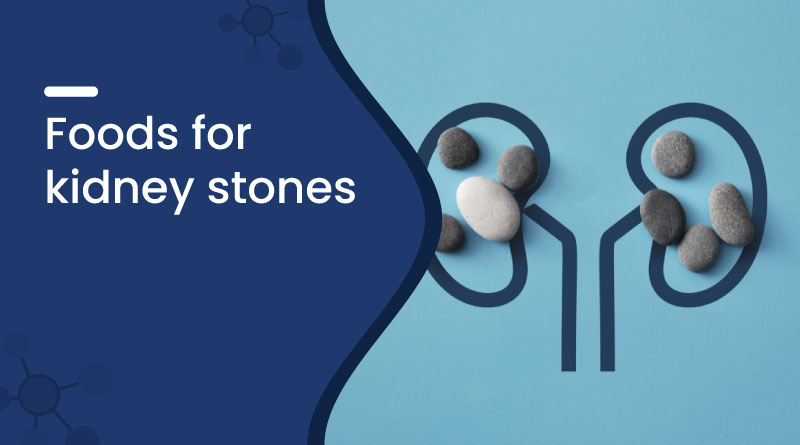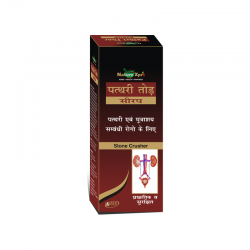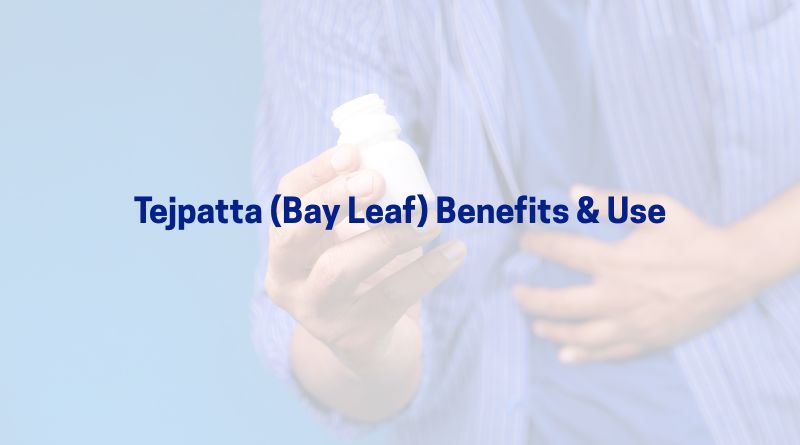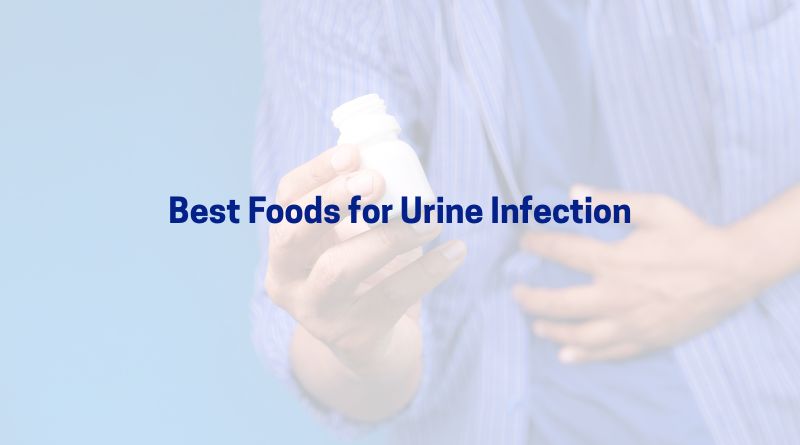Best Foods for Kidney Stones


Kidney stones are hard mineral deposits that form when substances like calcium, oxalate, or uric acid build up in the urine. They can be painful but are often preventable. Along with medical treatment, a proper diet and staying well-hydrated can help reduce your risk. In this blog, we’ll cover what to eat, what to avoid, and drinks that support kidney health.
What Are Kidney Stones?
Kidney stones are small, hard deposits that form in the kidneys from substances like calcium, oxalate, and uric acid. When the concentration of these substances becomes too high, they begin to crystallize and bind together.
Symptoms may include:
- Sharp pain in the back or side
- Blood in the urine
- Nausea or vomiting
- Frequent urination or burning sensation
Also read - Ayurvedic Medicine for Kidney Stone
Foods That Help Prevent Kidney Stones
Making smart food choices can lower the chances of forming new kidney stones and help manage those already present. Here are some dietary options that support kidney health:
Low-Oxalate Fruits and Vegetables
- Options like cabbage, cauliflower, bell peppers, and cucumbers are low in oxalates.
- Citrus fruits (lemons, oranges) boost citrate in urine, which helps block stone formation.
Calcium-Rich Dairy (in moderation)
- Low-fat milk, yogurt, and cheese provide calcium, which binds with oxalate in the digestive tract, reducing absorption into the bloodstream and kidneys.
Whole Grains (for magnesium and fiber)
- Oats, brown rice, and whole wheat bread provide fiber and magnesium, nutrients that may help lower the risk of kidney stone formation.
Plant-Based Proteins
- Replacing meat with lentils, beans, tofu, and chickpeas helps lower uric acid levels in the urine, reducing stone risk.
Foods to Avoid for Preventing Kidney Stones
Just as some foods protect your kidneys, others may contribute to stone development:
- High-Oxalate Foods: Spinach, beets, nuts (especially almonds), rhubarb, and chocolate are high in oxalates and can promote stone formation.
- Animal Protein: Excessive consumption of red meat, poultry, and eggs can increase calcium and uric acid in the urine.
- Salt and Processed Foods: Sodium-rich foods raise calcium levels in the urine, which may contribute to stone formation. Cut back on packaged snacks, instant noodles, and processed meats.
- Sugary Beverages: Avoid cola, sweetened juices, and energy drinks, which may increase the risk due to added sugars and phosphates.
Hydration: The Most Important Prevention Tool
Hydration plays a major role in flushing out substances that cause kidney stones. Proper hydration helps dilute substances in the urine that lead to stone formation. Aim for at least 2.5 to 3 liters of fluid per day, unless your doctor advises otherwise.
Signs you’re well hydrated:
- Clear or light-yellow urine
- Regular urination throughout the day
Best Drinks to Prevent Kidney Stones
The type of fluid you consume matters as much as the quantity. Here are the top choices:
- Lemon Water: Rich in citrate, lemon water can reduce calcium stone formation. Incorporate fresh lemon juice into your daily water intake to help prevent stones.
- Coconut Water: Natural and hydrating, coconut water may help flush out toxins and reduce the risk of stones.
- Herbal Teas (Like Nettle or Basil Tea): These promote kidney health and act as mild diuretics, increasing urine flow and flushing out minerals.
- Diluted Fruit Juices: Juices like orange or pomegranate juice (without added sugars) can provide antioxidants and help improve urinary health.
Also read - Best Juices for Kidney Stones
Tips to Prevent Kidney Stones Naturally
- Limit vitamin C supplements – excess can convert into oxalate.
- Maintain a healthy weight – obesity increases risk.
- Moderate calcium intake – maintained at balanced levels.
- Exercise regularly – helps improve metabolism and urine output.
Conclusion
Kidney stones can be painful, but with the right dietary habits and hydration, you can lower your risk or prevent recurrence. Focusing on low-oxalate fruits and vegetables, staying hydrated, and reducing salt, sugar, and red meat can go a long way in keeping your kidneys healthy.
Frequently Asked Questions (FAQs)
Q. Can dietary changes prevent or reduce kidney stones?
A. Yes, dietary changes can help prevent or reduce kidney stones. Eating low-oxalate foods, reducing salt and animal protein, and staying well-hydrated lowers the risk of stone formation.
Q. Can drinking water dissolve kidney stones?
A. Yes. Drinking enough water helps to remove small stones and prevents new ones from forming.
Q. Are bananas safe for kidney stone patients?
A. Yes, as bananas are low in oxalates and high in potassium, they support kidney functioning.
Q. Should I avoid milk if I have kidney stones?
A. Not directly. Calcium from food sources like milk is beneficial, as it binds with oxalates and prevents stone formation.
Q. Can lemon juice help break kidney stones?
A. Lemon juice increases citrate levels in the urine, which can help prevent and, in some cases, dissolve small stones.
Aparmarg (Achyranthes aspera) 40 mg, Pun...









 Added!
Added!